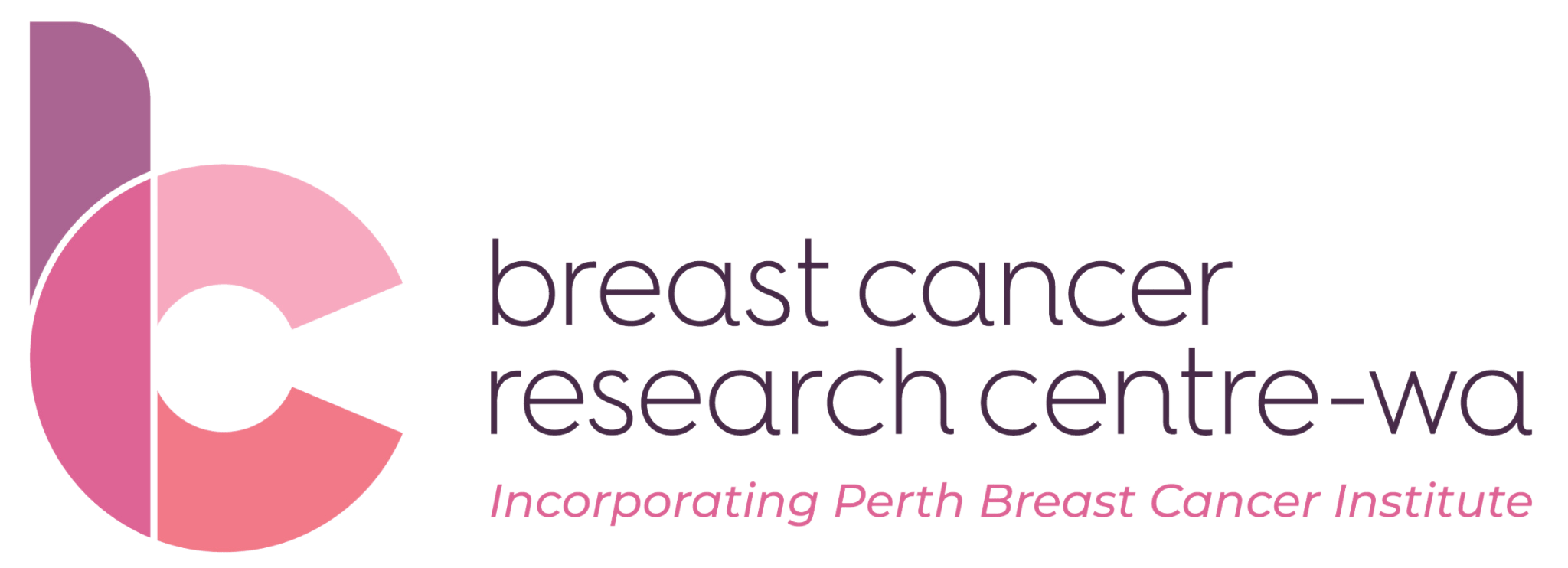Research Update
Resilience in Adolescent and Young People Project
A Q&A with one of the study investigators and Clinical Psychologist, Francoise Ballantyne
What is the basis of this research?
Understanding and supporting the emotional impact on young people when a parent has been diagnosed with breast cancer has been an important value and organisational objective of BCRC-WA. In 2019 Professor Chan and the team were the first in Australia to investigate the psychosocial impact and needs of children of mothers with early and metastatic breast cancer.
We found that the young people aged 14-24 years surveyed wanted more clear information about their parent’s breast cancer and how their family would cope with the changes the diagnosis might bring. Furthermore, approximately a third of these young people experienced some degree of distress related to their parent’s diagnosis and this represented an area for potential intervention.
What is the RAYS project?
In response to this need, we launched the Resilience in Adolescents and Young People (RAYS) project last year. The RAYS project was designed to provide families with the opportunity to discuss and assess the psychosocial needs of their children (aged 14-24 years) with one of our BCRC-WA Clinical Psychologists. This is in the form of a consultation session either with or without parents present, depending on the child’s age. This would then form the basis for a recommended intervention, to address any needs identified.
What are the possible interventions to meet psychosocial needs?
The recommendations from that assessment included one of the four options*:
- Assessment only with no further need for psychology support required. Information will be provided on how to access services in the future if needed. This is suitable for children who have all their psychosocial needs met.
- If during the consultation with the BCRC-WA Clinical Psychologist the primary need identified is access to further information, this would lead to the intervention of providing guidance as to how children can access age-appropriate information about their parent’s breast cancer. This includes written handouts and verbal education.
- It may be identified that the child would benefit from for further support through other agencies (such as Canteen) better suited to the young person’s needs. A referral can then take place as needed.
- Additional time-limited sessions with a BCRC-WA Clinical Psychologist to address strategies specific to coping with their parent’s breast cancer if it is identified that the young person would benefit from further psychological support.
(*The first 3 options involve a single-session consultation in most instances.)
Is the RAYS trial still available/open?
While the RAYS study has now closed, it has opened a new pathway for supporting families of women with breast cancer as standard of care. BCRC-WA will continue its commitment to supporting the needs of these families. The BCRC-WA Clinical Psychology Service will provide family-based assessments as outlined above, as standard delivery of care and be available to support the social-emotional needs of children up to 24 years of age.
What is your experience with working with children/adolescents?
One of the reassuring outcomes of working with children and adolescents who are impacted by a breast cancer diagnosis in the family, is that they are incredibly resilient. This is particularly evident, where parents have been tuned into their child’s emotional experience and have been open and honest in their communication about what is happening.
We know that while it can be an incredibly challenging time, acknowledging and normalising the strong emotions of sadness, fear, anger, frustration and guilt will not harm them emotionally, in fact, it will build their resilience to cope with difficult situations. This type of approach and building up support from family and friendship may be all that is needed. But of course for a small group of young people, additional professional support and guidance may be of help.
How can I get further information?
Please note appointments will be subject to availability and waiting periods may apply. If you have any questions or queries, please contact Francoise Ballantyne – Clinical Psychologist via 6500 5576 or psychology@bcrc-wa.com.au.

Francoise Ballantyne
Clinical Psychologist
BA (Hons) MPsych (Clinical & Health) MACPA



